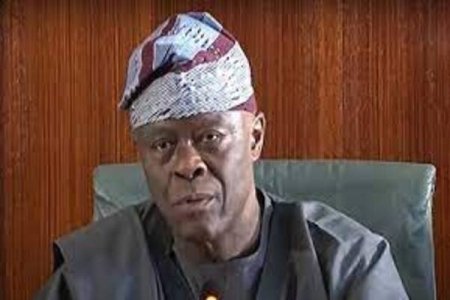
Wale Edun has thrown a spotlight on the Buhari administration, alleging that their "aimless" printing of trillions of naira from 2015 to 2023 directly led to Nigeria's current hyperinflation crisis. Edun, the former finance and coordinating minister of the economy, shared his concerns with the Senate Committee on Finance, emphasizing the need for an audit of the staggering N22.7 trillion printed during Buhari's tenure.
Edun's accusations highlight a troubling economic legacy, asserting that the substantial increase in money supply over eight years lacked corresponding productivity, disproportionately benefiting the privileged few at the expense of the vulnerable. This revelation has prompted calls for a thorough examination of the economic policies and practices that contributed to the current state of hyperinflation.
As the reins of leadership passed from Buhari to Mr. Tinubu in 2023, Nigeria faced a daunting debt profile exceeding N46 trillion and an inflation rate reaching 22%. Despite claims by Buhari's spokesperson, Garba Shehu, of economic rescue, the persistence of rising living costs and food prices under Tinubu's administration has fueled public discontent.
Examining the impact of Tinubu's policies, including the cessation of the fuel subsidy regime and the floatation of the Nigerian naira, reveals a complex economic landscape. The consequences have been felt with the escalation of petrol prices and the depreciation of the naira against the dollar, posing challenges for everyday Nigerians.
While Tinubu's administration received accolades from the International Monetary Fund for bold reforms, the reality on the ground paints a stark picture—a nation grappling with a 29.9% inflation rate triggering protests against hunger. Public outcry has manifested in incidents of looting and demonstrations in Abuja, Niger State, and Kaduna State, underscoring the pressing issues faced by ordinary Nigerians.
Exploring Tinubu's response to the crisis reveals directives aimed at mitigating the impact, including the release of grain stocks and efforts to combat food hoarding. However, unintended consequences, such as a tragic stampede during the distribution process, highlight the challenges inherent in addressing a multifaceted economic crisis.




